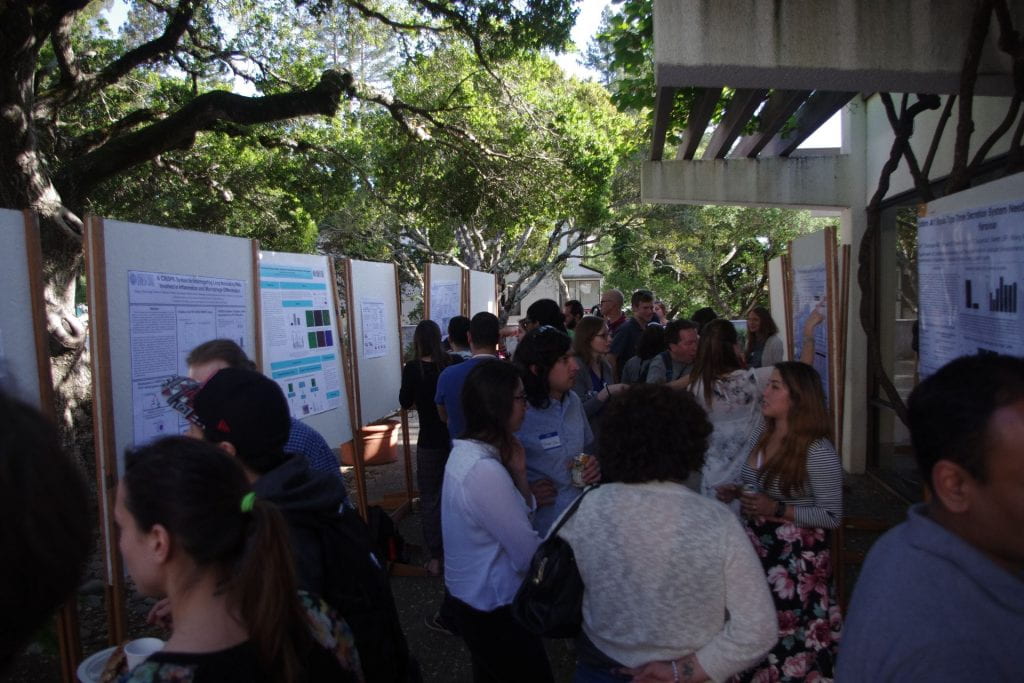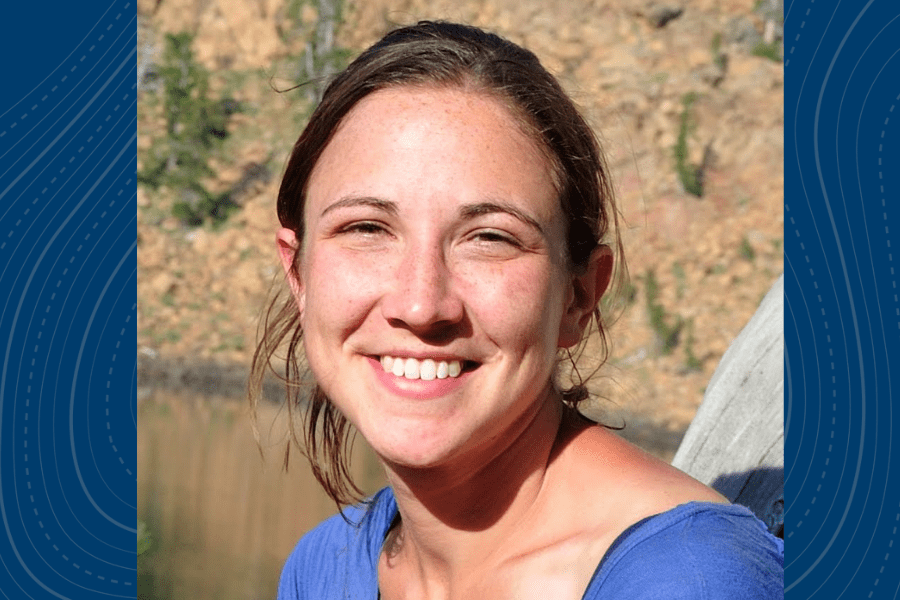After obtaining a Ph.D., graduates who are pursuing academic careers in the sciences usually take a position as a postdoctoral scholar before seeking a permanent faculty appointment. Postdoctoral scholars join individual university labs where they conduct research and often bring in substantial funding through fellowships and grants.
“Postdocs are at the core of most research that is being performed in the labs of research-intensive universities,” explains Catharina Lindley, Program Director for the Institute for the Biology of Stem Cells at UC Santa Cruz.
In spite of their vital contributions, however, the temporary nature of postdocs’ positions and the fact that they do not train as a cohort makes them less visible on campus, which according to Lindley can be somewhat isolating and stressful. Shelbi Russell, former chair of the UCSC STEAM Postdoc Association, is working to change that.
The UCSC STEAM Postdoc Association (USPA) is a postdoc-lead organization that provides career development and networking opportunities to postdocs at UCSC. Their past events have included grant writing and job application workshops, socials, and an annual symposium. The group was started by a group of postdocs in 2015 and has continued through the efforts of volunteers, who have worked to gain sponsors for their events and workshops.
This past year, Russell and her fellow officers were able to secure more permanent financial and administrative support from the Graduate Division, which according to Russell, “will ensure the USPA is around to support postdocs for many years to come.”
Russell is a postdoc in Bill Sullivan’s lab, where she works on understanding “an amazing bacterial symbiont named Wolbachia.” Wolbachia is interesting for its ability to manipulate its host’s reproduction, including inhibiting the replication of viruses like Dengue and Zika. This ability has led to its use as a mosquito biological control agent in several countries. Russell’s research to understand how Wolbachia are transmitted from one host generation to the next could help to ensure their continued effectiveness as a control against viruses.
“Had I really understood the benefits of volunteering, I would have joined immediately,” Russell says now. “After giving talks at two of the annual symposia and attending a grant writing workshop that helped me apply for NIH funding, I realized that I should pay back into the USPA by volunteering. That was the best decision of my postdoc.”
Russell says that participating in the Postdoc Association helped her develop skills that have been vital to her career as an academic researcher.
“Through my activities as vice chair and chair of the USPA, I met amazing people, I received valuable insights that have helped me obtain funding and apply for faculty jobs, and I learned how to lead an organization,” Russell says.
Lindley, who praised Russell’s work with the USPA, also notes what a big influence it has had for postdoc researchers on campus.

This year, Russell has handed over the reigns to a new chair, but remains an officer in the USPA and hopes that its regular events will continue to bring more visibility to postdocs on campus. When asked what she would like others to know about postdocs, Russell responds,
“Postdocs are the vital, yet often hidden, element of many research labs on academic campuses… Our recent training means that we often bring new, cutting-edge methods and techniques to our labs, and we have the time to pass that knowledge along to grad students and undergrads in the lab because we generally do not teach… So, please remember to appreciate and thank your postdocs!”

